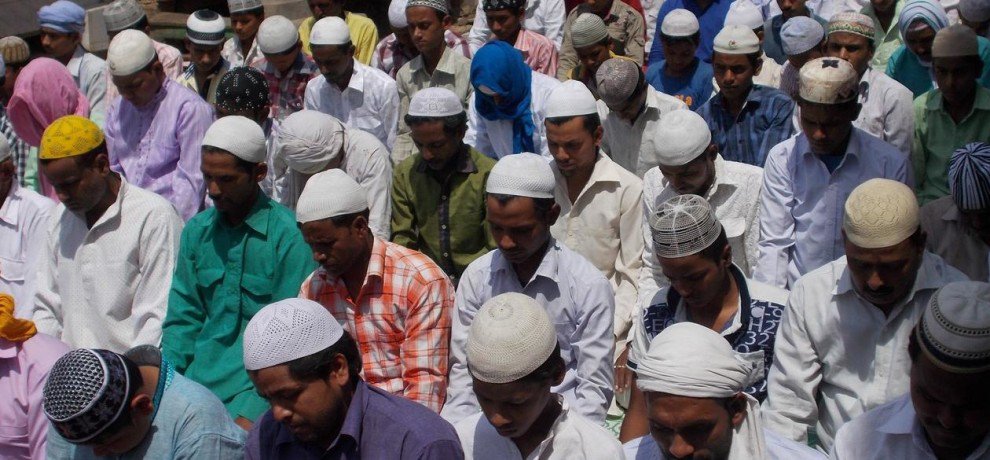
Masawat Ki Jung: Struggle for Equality
Caste is not only one of the important aspect of Indian society but maybe the most important aspect, including in the Muslim community of India. discussions about castes in the Muslim community has been limited and ignored.
This Muslim elite [Asraf, Sayeed] project Muslims as a monolithic entity and denounce casteism in Indian Muslims on the same lines as most of the upper caste Hindus do, claiming that caste does not exist in urban areas. The caste system is a painful reality of Indian Muslims, as it is in Hindus. Muslims are broadly divided into the elite upper castes, or the Ashrafs, and the subaltern lower castes, or the Pasmandas.
Basically Pasmanda, a word of Persian origin which means those who have fallen behind broken or oppressed. The roots of anti Caste movements among Indian Muslims can be traced back from 20th century to the formation of Fallah-ul-Momineen in Calcutta in 1914. Later, the All India Momin Conference (AIMC) was formed in Rohtas (Bihar) in 1926.
It worked to mobilize lower caste Muslims. AIMC questioned elite upper-caste Muslim (Ashraf) domination and saw this as the main factor underlying the formation of the Indian Union Muslim League (IUML) and its communal articulation of politics. Later AIMC was incorporated into the Congress and soon the movement was fragmented and its momentum was lost.
The anti-caste movement among Indian Muslims acquired fresh energy in the 1990s because of the campaigns on the Mandal Commission. The Mandal Commission Report in 1980 had recognized the problems of social backwardness in Indian Muslims. The Commission treated 90% of the Muslim population in the country as OBCs and proposed reservations in government jobs and educational
institutions for them. The Commission declared 82 Muslim castes as backward..
Now I am sharing a personal story. My friend named Adil Ansari (changed name) lives in a small town near Kanpur and was bullied by his upper-caste classmate irrespective of religion just a few days ago. He was travelling by bus with his classmates and was reaching the examination centre to give his boards exam. After reaching the exam centre two of his classmates Anurag Uppal and Mohd Aiz approached him with the comment ‘Why are you people called Julaha and started laughing at him. He couldn’t do anything since he was in the exam hall.
He later complained to teacher and teacher ignored it with nothing more than a consolation to him. This mental trauma he is facing like many of lower caste Hindus. Casteist slurs like Julaha, Chikwa, Kasai are very common in Indian Muslims.
So-called upper-caste Muslims like Khans, Pathans and Syeds usually have higher education and greater wealth and they do not marry outside their caste. Most of them think that they are descendants of Arab, Turkish or Persian immigrants and hence have purer breed. The locality where my friend is living is full of upper-caste Muslims and they do not even visit his home during Eid or Bakrid.
I am sure after reading this article many upper-caste Muslim will tell me there is no casteism/slavery in Islam and will quote some verses of the Quran. For them, I just want to say social realities are far away from your theology.
So, it is better to accept the challenges and shortcomings so that one can start working on improving those. While millions of fellow humans are suffering from caste slavery, how can anyone be free? Nobody’s free until everybody’s free. Work to break the caste chains, degrading and enslaving fellow human beings since ages.
Before finishing my write up I am quoting Ali Anwar:
Now the time is ripe for Pasmanda Muslims to craft their own identity. The identity of Pasmanda Muslims was hitherto obscured in the name of the minority. Now fear the word minority and feel that it is a fake word. In the name of minority either someone terrorizes us or someone snatches away our rights. In real terms, we are the majority (Bahujan) in their society.
The author could be reached on Twitter handle @Shadow_text



+ There are no comments
Add yours